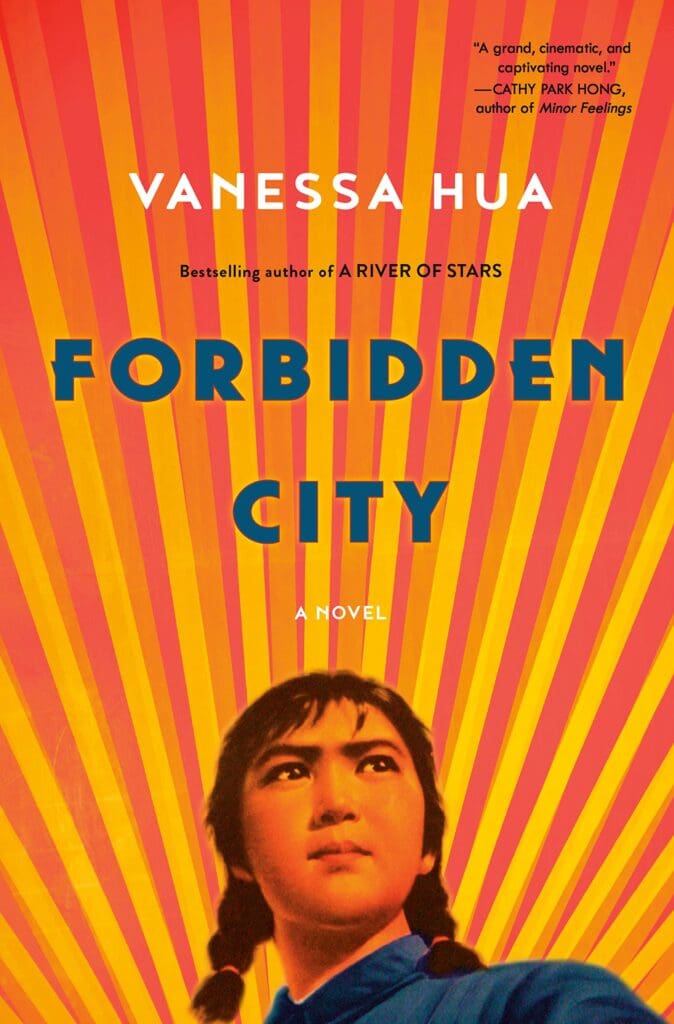It is an age-old tale: a young woman escapes the constraints of her provincial life to make her way to the big city, only to fall victim there to the machinations of an older, powerful man. But Vanessa Hua’s Forbidden City (353 pages; Ballantine Books), set in China just before the dawn of Mao’s Zedong’s Cultural Revolution, takes this trope and cunningly turns it on its head, making for one of the most compelling works of feminist and historical fiction in recent years.
Unlike stereotypical ingenues, teenage Mei is morally ambiguous and neither beautiful nor beloved. She connives her way into clutches of the country’s ruler—known simply as “the Chairman”—intuitively understanding that in becoming his consort and student, she has an avenue to escape the economic and spiritual poverty of her parents. As she gets closer to the Chairman, Mei gambles away her friendships, connections to family, and any modicum of independence. Soon enough, events she has set in motion come to horrify her in their scope and cruelty, and she diverges from her predictive path. Through Mei’s adventures and escalating awareness as she comes of age, Hua expertly presents the mistakes and machinations of a society teetering on the cusp of change.
Surrounding Mei are a chorus of finely depicted secondary characters: her two sisters, her stern parents, a difficult yet tender teacher, and of course, the man she and millions of others have been taught to worship, the Chairman. Each character serves to reveal more and more about Mei’s interior life: her early ambitions, her emerging comprehension, her sexual awakening, her slow regret for her choices, and her final break. Through a braided narrative that moves back and forth in time, Forbidden City repeatedly forces us to examine our own assumptions about good and bad, kindness and cruelty, personal freedom and societal responsibility. While Mei’s ultimate metamorphosis feels almost an authorial wish fulfillment, it is hard to not applaud her transformation and her final effort to change the course of history.
At its heart, is Forbidden City a love story? Is it a coming-of-age novel? Or does it qualify as a modern parable written for a generation repeating history? However read, the true merit of the book is not merely its compelling narrative. Instead, it is Hua’s genius at presenting with enormous empathy flawed characters guided by complex motives. Across her narrative, we are aware of being at the hands of a deft storyteller whose nuanced vision reveals a fractured world all the more beautiful for its brokenness.

